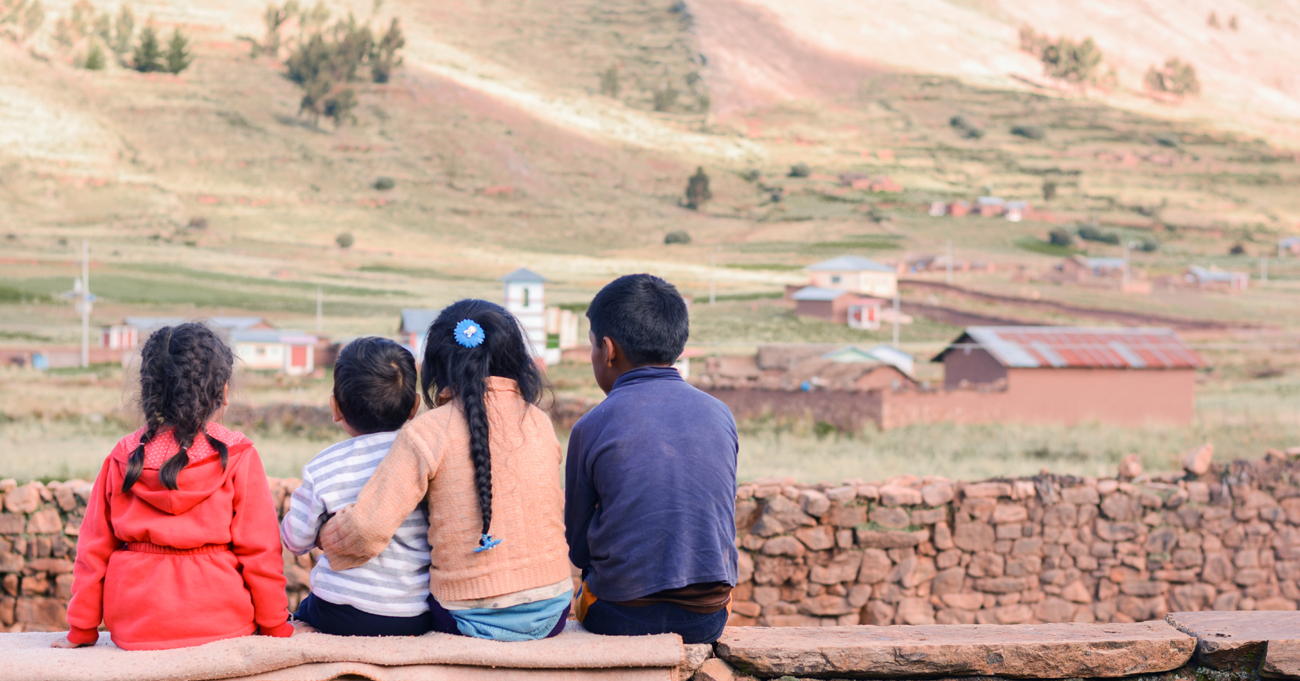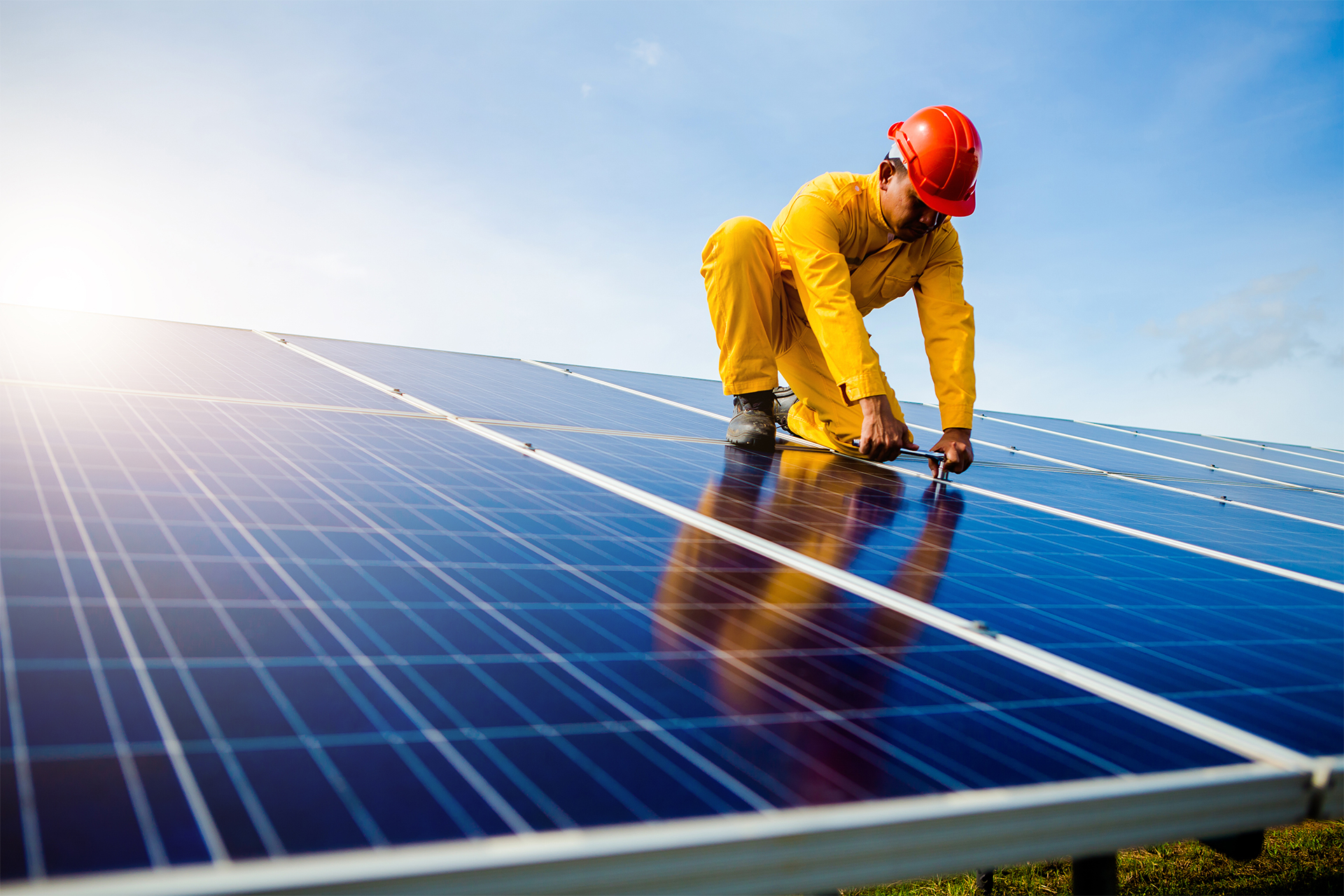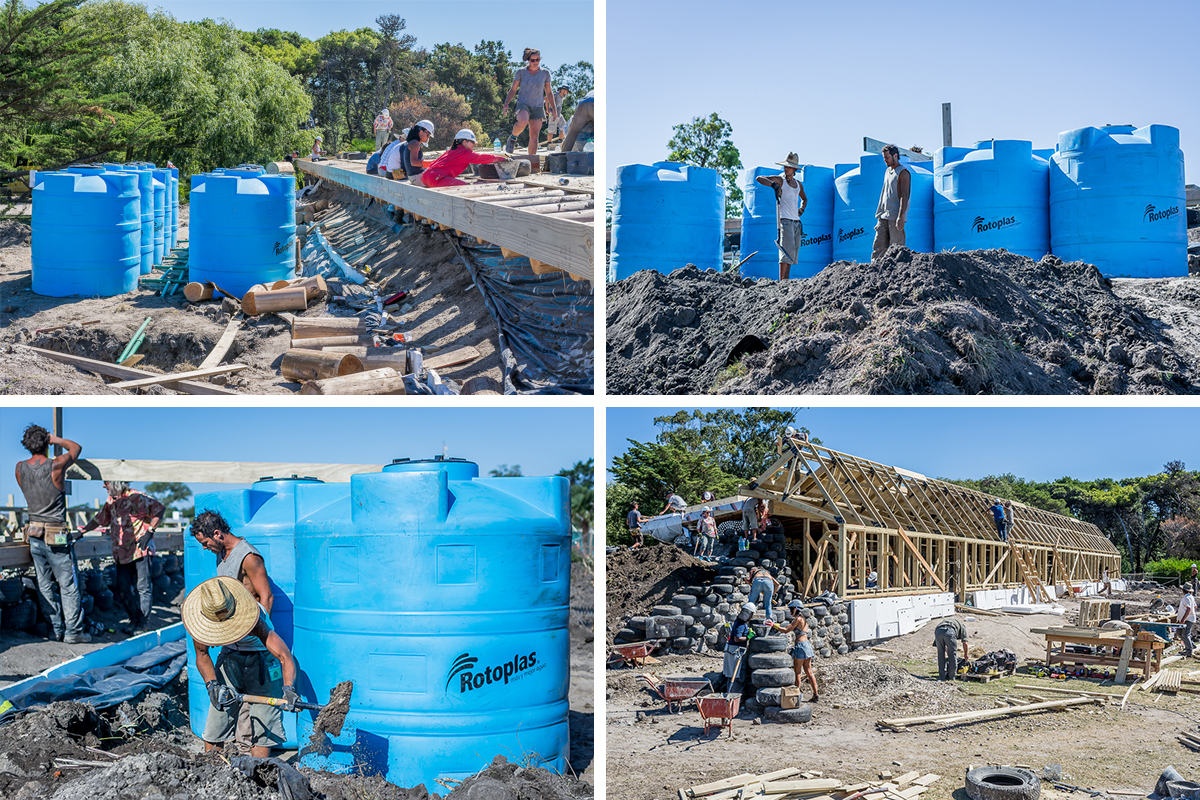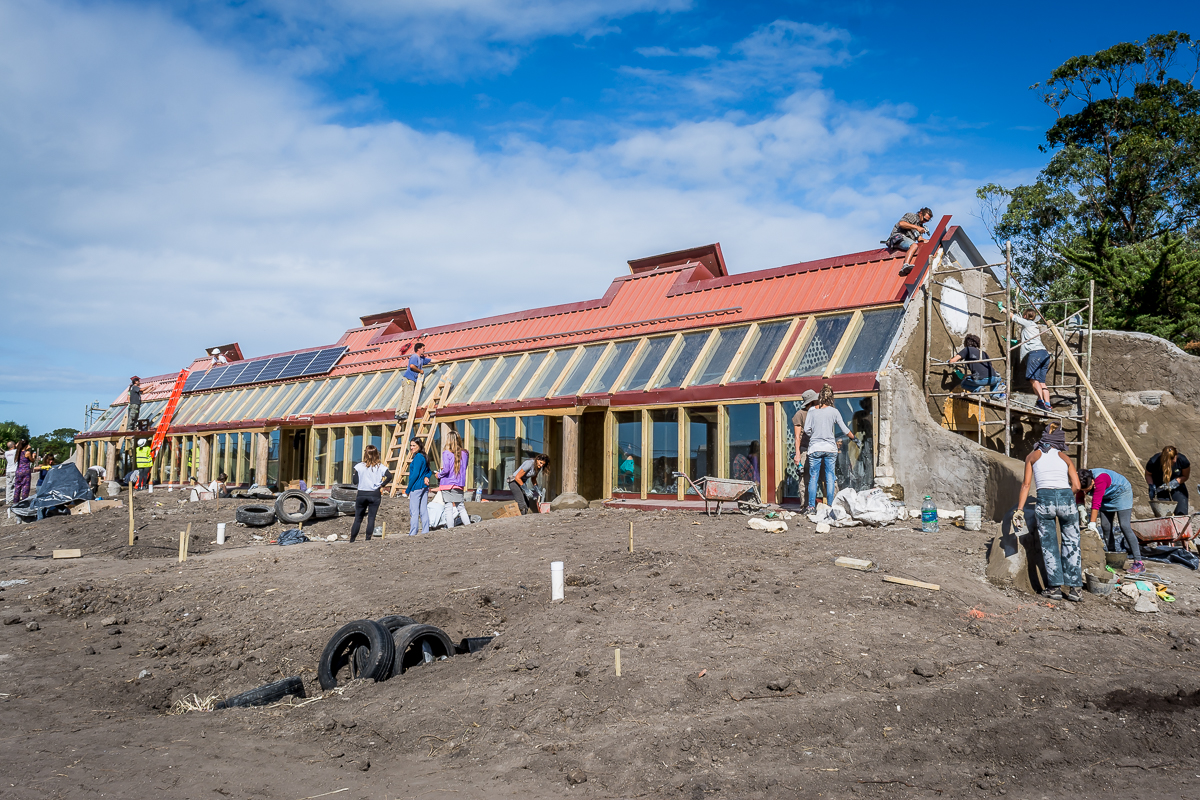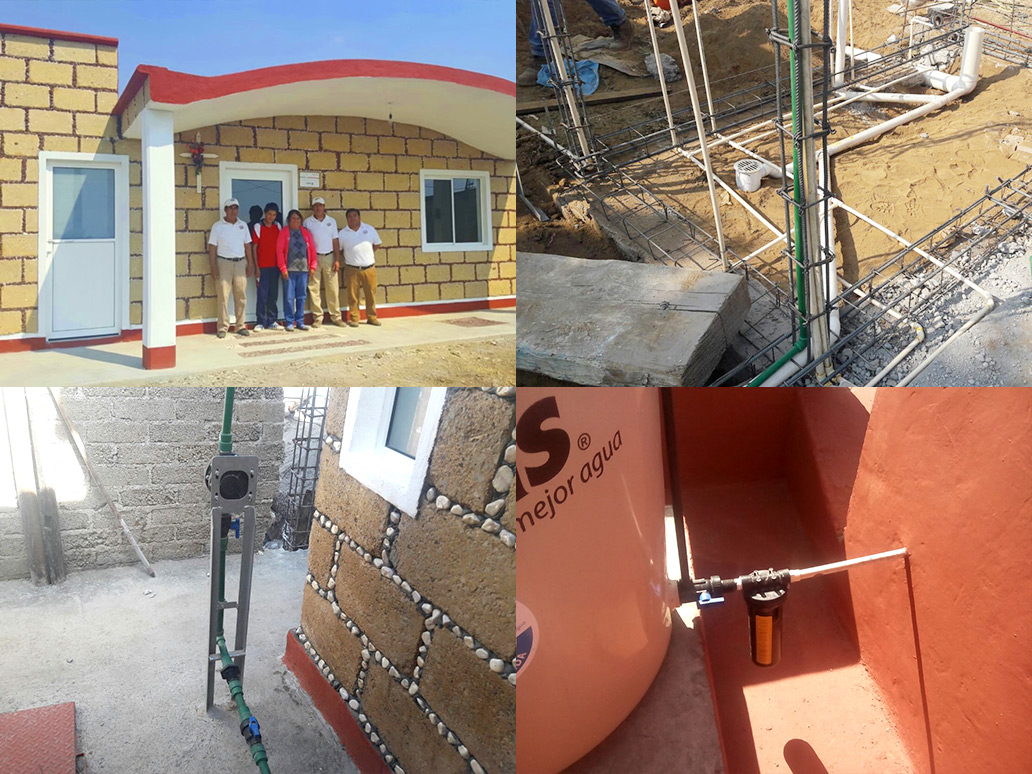| In alignment with the focal point 1 of the Sustainability Strategy: Corporate Sustainability Governance, Grupo Rotoplas entered the ranking 2018: 500 companies facing corruption published by the Expansión Magazine. |
Year by year, The Expansión Magazine develops a study from public information of the companies from the visibility of information at their websites. For this exercise, companies are evaluated through a questionnaire based on the publication of anti-corruption policies in alignment with the Transparence of Corporative Information (TRAC) of International Transparence.
In the questionnaire, 28 questions are analyzed, the questions are grouped in four axes: (1) Publicity of the elements of an anti-corruption integral policy; (2) Scope and socialization of the anti-corruption policy; (3) Monitoring system, complaint and penalties; (4) Accessibility of the information.
In this evaluation Rotoplas obtained the place #262, by improving 54 positions in respect of the previous year. We understand that this year we improved in the ranking by the transparency of our anti-corruption policies, but there’s still a long way to go.
This is how Grupo Rotoplas visualizes his effort in the Sustainability Strategy by the external recognition, and continues to collaborate in the daily improvement of its reputation and the disponibility of information by being a public company.
We invite you to know other advances in the Sustainability Strategy in our website www.rotoplas.com/sustentabilidad




